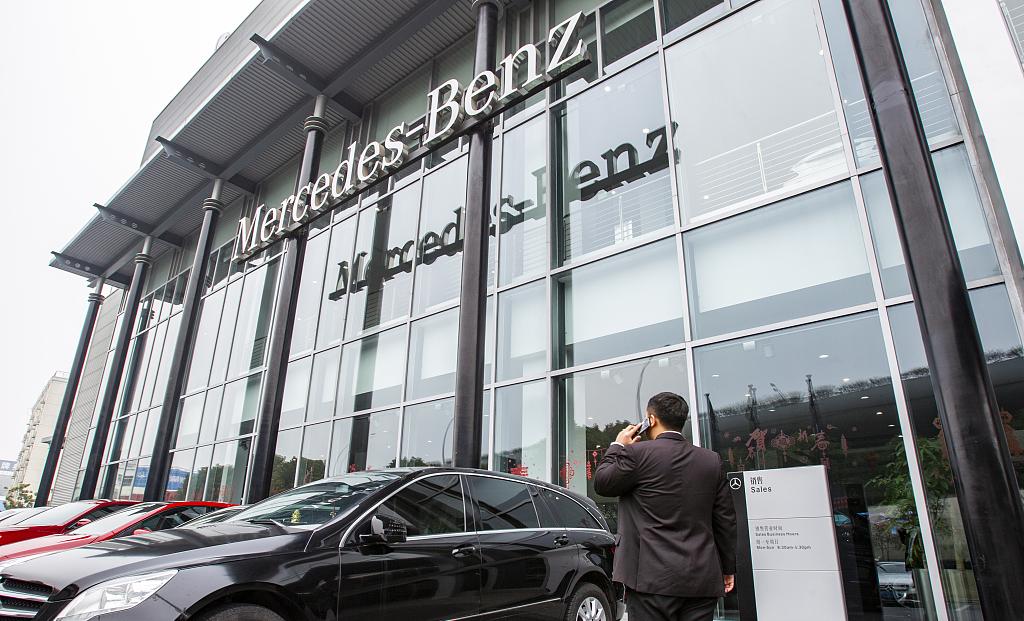Source: Global Times
CarBuzz Auto News Network, October 12 article, original title: The Germans are "invading" China subtitle: Not an evil thing, but Mercedes-Benz wants to build a "little Germany" in China Mercedes-Benz recently announced that it will make China its home far from its home in Germany. The German automaker sees China as the new center of gravity for the auto industry and is ramping up investment in research and development in China.

A Mercedes-Benz sales store in China. Image source: Visual China
From a business perspective, it's easy to see why Mercedes made the move, as China's current demand for cars is greater than that of the United States and Germany combined. China accounts for more than 30% of global new car sales and has been the largest market for new cars since 2009. If you break down the data further, it will make more sense. Last year, Mercedes-Benz sold 275,000 vehicles in the U.S. and 286,000 in Germany. Even as the COVID-19 pandemic continues, Mercedes-Benz's sales in China surged 12 percent, selling a record 774,000 vehicles. About 80 percent of Mercedes-Benz cars sold in China are made there. Even a brand new model that Mercedes-Benz is preparing to launch in the U.S. next year will be produced in China.
Insiders who are understood to have the new design studio and the brand's new strategy revealed that the new technology center is three times larger than mercedes-Benz's first R&D center in Shanghai, China. The Beijing Technology Center is at the "same" level as Mercedes-Benz's R&D headquarters in Stuttgart, which means it can basically carry out all test projects related to vehicle development. The centre is said to have chassis test benches as well as test facilities for different powertrains and NVH levels (noise, vibration and harshness).
As part of the move, Mercedes is upgrading its Chinese design studio and is moving its entire operations to Shanghai. According to sources, the main reason for this drastic move is to keep pace with other local EV startups. Chinese car buyers are not loyal to brands and are willing to choose different brands that better meet their needs.
Bill Lasso, head of Automobility, a Shanghai-based automotive consultancy, said: "Car companies are moving R&D to China in the hope of providing in-car experiences through a localized ecosystem of digital services, and these solutions must be conceived and built by people who live in China and really understand the mobile Internet. (Written by Gerhard Horn, translated by Kang Chen)